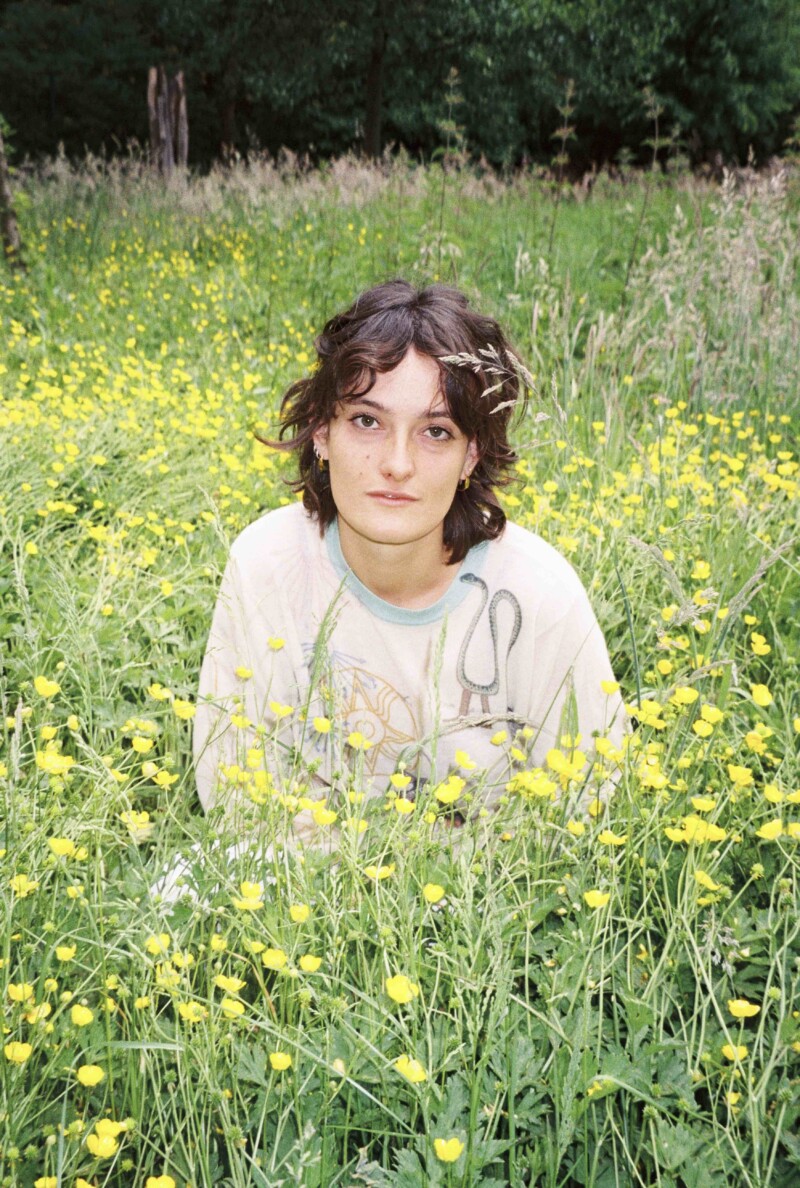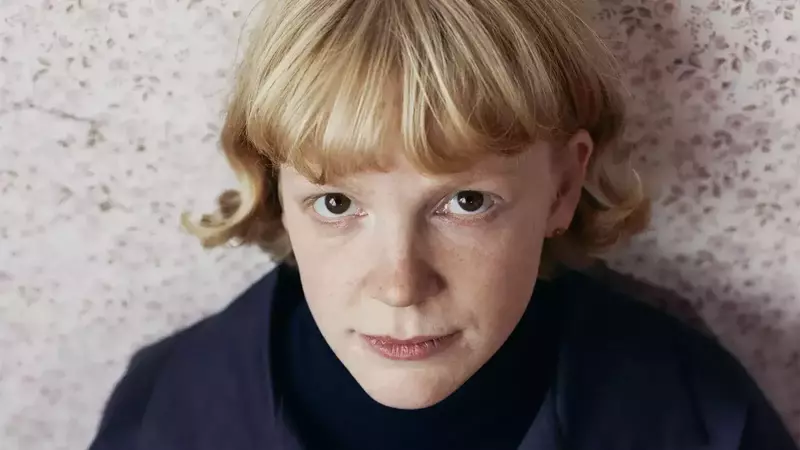Angela Alsouliman
Joy in times of sadness, humanity in times of crisis.
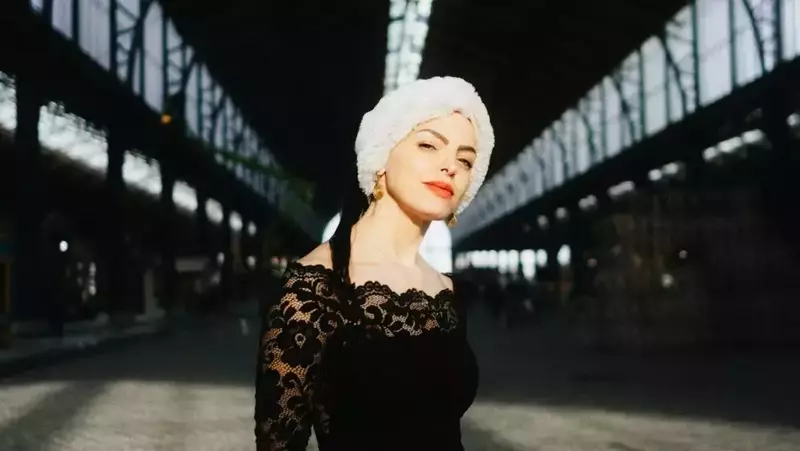
While Angela Alsouliman's latest film, Orange Flavored Love, focuses on the day-to-day and human aspects of war, her goal is not necessarily to deliver a particular message. As a director, Angela stresses the importance of communication through film, although she would rather have her films make the audience reflect and wonder than provide them with a clear-cut takeaway.
DIFFERENT CLASS
How did you get into filmmaking?
Arriving in Belgium in 2014, I applied for asylum after escaping the Syrian war and journeying the sea for ten days. I applied to film school here because I wanted to do something where I could express my feelings and because I have a lot of stories to tell. In 2018, I started my bachelor's at LUCA in Brussels, and after that, my master's in film at KASK & Conservatorium.
DIFFERENT CLASS
I saw that your voyage to Europe was made into a film.
Yes, The Crossing, by George Kurian. I have to tell you, it's not easy to watch. It’s a harsh film. It’s not just about crossing the sea, but about crossing into a new society, which was much more difficult. You arrive with no friends, no family, and you don’t speak the language. Here, society already has many stereotypes about you, and you’re put into a box and expected to act accordingly. But I didn’t want to fit into the system the way they wanted me to. I wanted to study. After participating in The Crossing, I realised: ‘Angela, filmmaking is for you’.
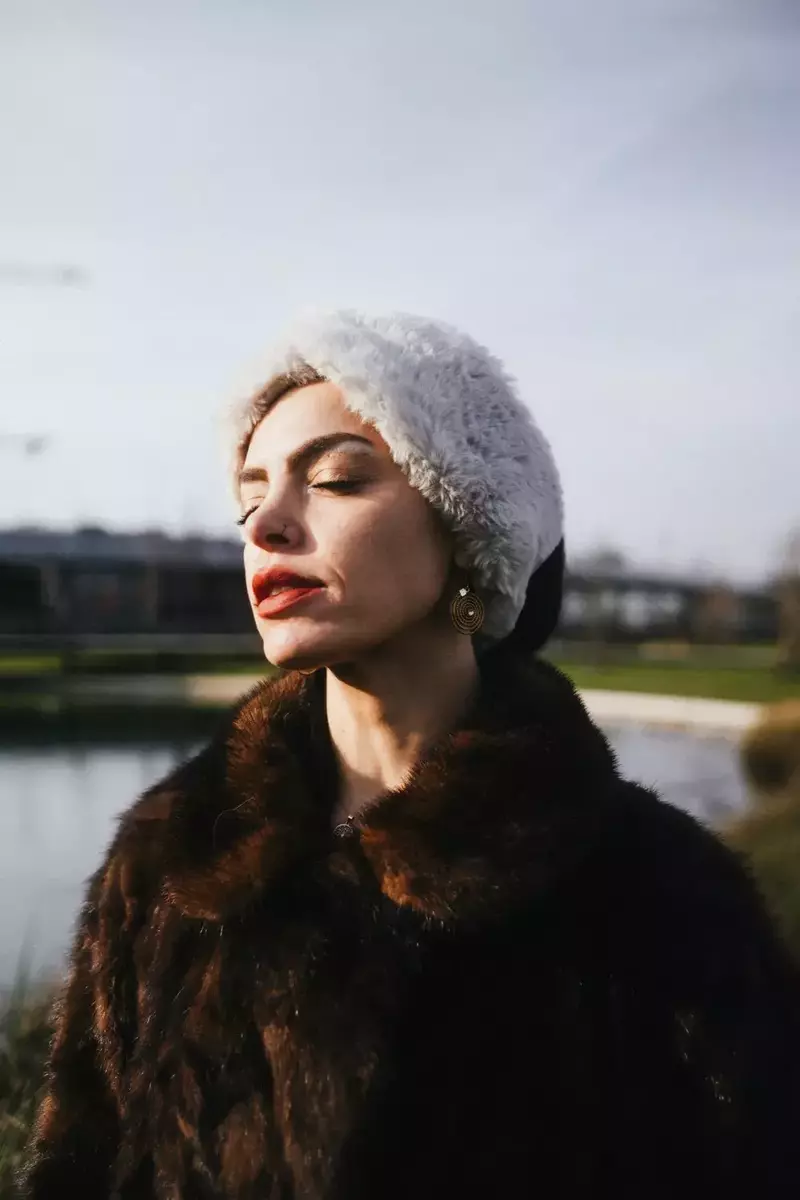
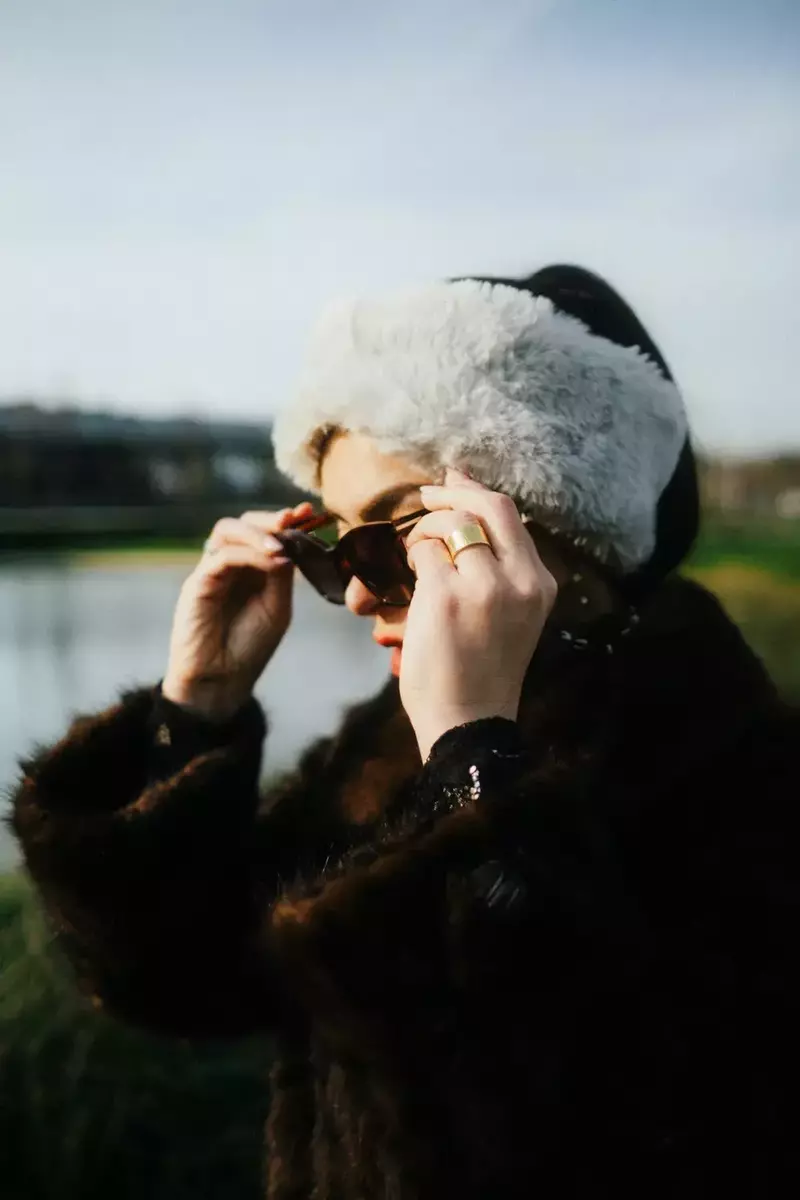
DIFFERENT CLASS
Western media doesn’t do a good job of showing the refugee’s perspective, I feel your work puts a lot of emphasis on showing and highlighting the human aspect.
This is exactly what I'm trying to do. I don’t have heroes in my films. They are very ordinary people who are able - even if life has been hard for them - to try and enjoy it. We are not victims, but human beings. We know how to live life and how to appreciate it. Unlike much of Western media, which often reduces refugees to mere statistics, I emphasise their shared humanity. Refugees possess the same abilities, thoughts, and dreams as anyone else.
DIFFERENT CLASS
Could you tell me a bit about your master project, Orange Flavored Love?
Orange Flavored Love is a sensory fiction drama full of smiles, colours and smells. It’s about a young woman, Nawal, who takes care of her ailing mother, Samia, in Mosul, Iraq. Her mother’s condition gets worse as medicine is no longer available in the city. In the few days she has left, Nawal, Samia and their neighbour share small moments of joy. The ladies sing and dance, use make-up and make perfumes, they tell jokes and laugh too hard. Amid illness, poverty and war, they manage to transform a dire situation into something joyful and beautiful. It highlights the feminine aspect of war because we always talk about it from the perspective of men. But no one talks about how women live during the war. It’s also a personal story because my mother was sick during the war and it was not possible to find any medicine for her. She passed away and my sisters and I decided to make her passing smooth and easy.
DIFFERENT CLASS
You made the very conscious choice to film in Mosul despite being advised not to. How does this reflect your approach to filmmaking?
Some people labelled it as crazy, dreaming too much. But, deep inside, this voice was telling me: ‘You can do it’. KASK's incredible support, both moral and financial, made it possible. I learned a lot from the people in Mosul. None of the actors had stood in front of the camera before, but their honesty, purity, and authenticity were remarkable. The unscripted dialogue emphasises the film's uniqueness. People sense it—these weren't actors, they were just being their genuine selves.
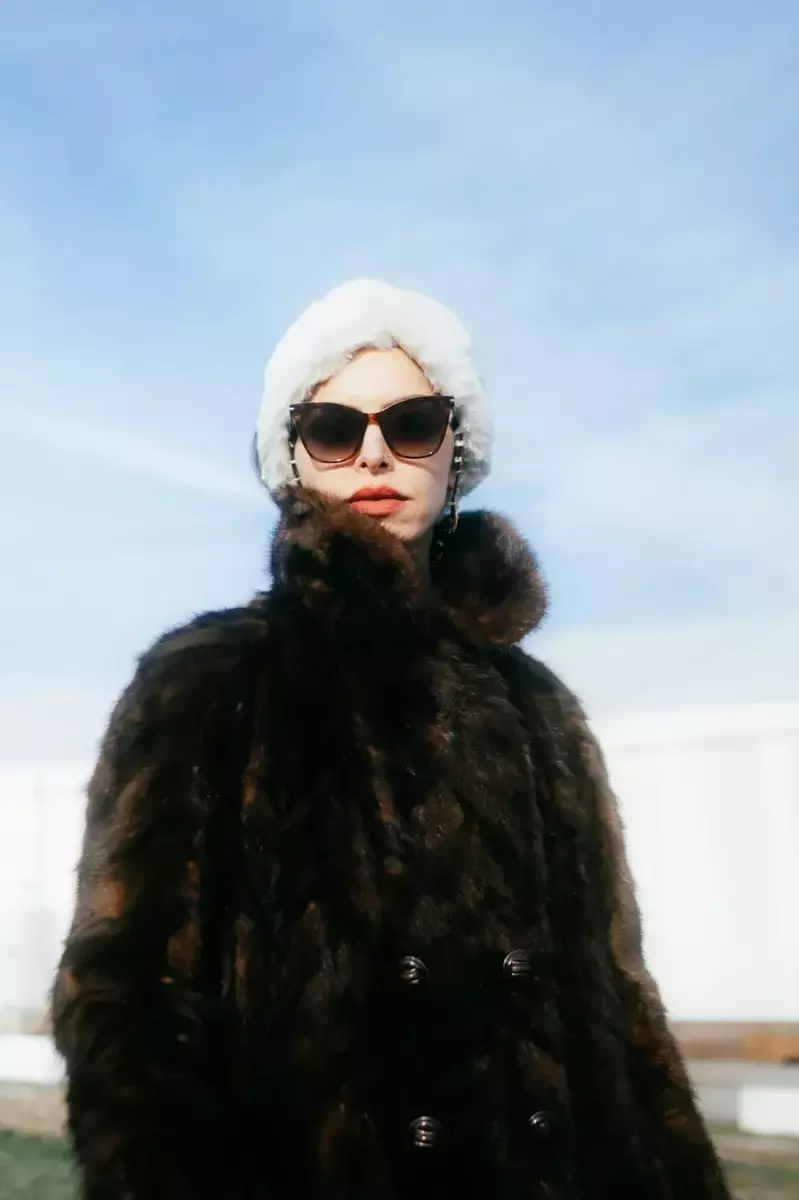
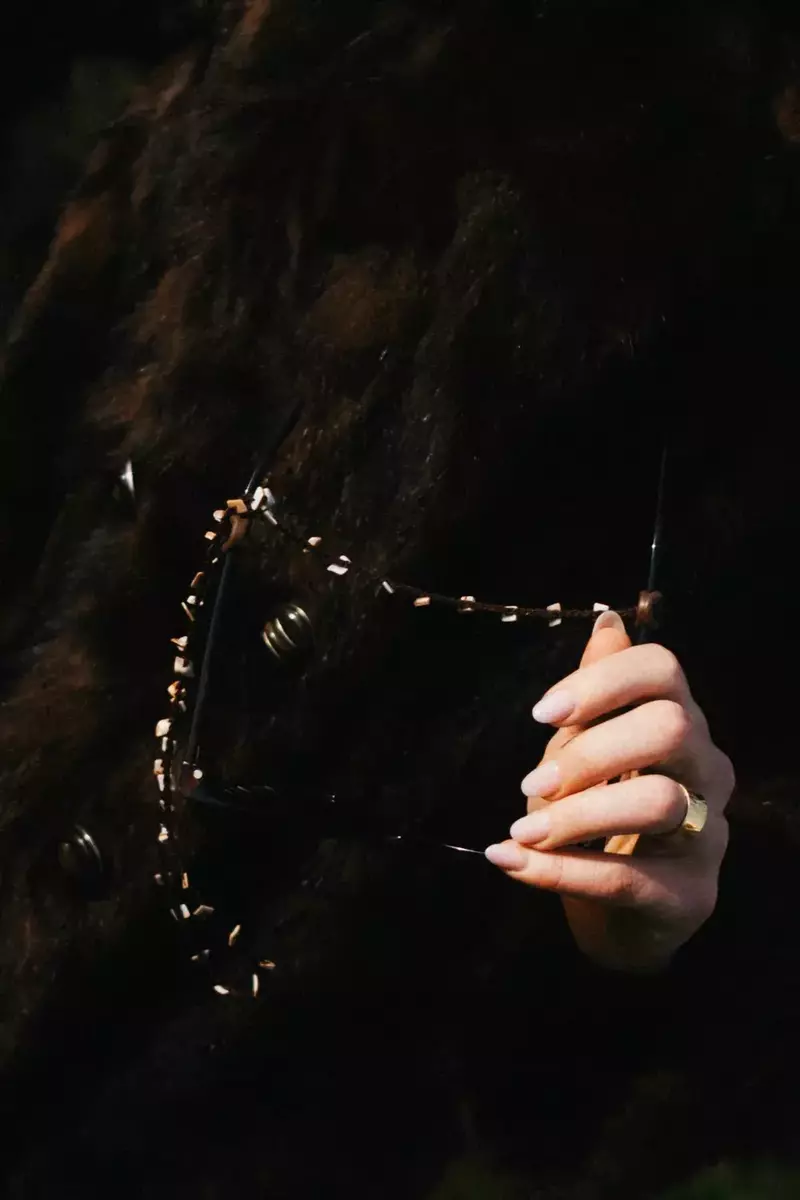
DIFFERENT CLASS
How did you find working on this film at KASK?
KASK was a very safe space to experiment. I was so lucky to have a great master coordinator, Hilde D’haeyere. She is a fantastic woman and was working like crazy for the film, to try and get the finances necessary for travelling. My mentors An van Dienderen, Griet Van Reeth and Stoffel Debuysere were even more excited about the film than I was! I was surrounded by all these amazing people who supported me on all levels. Because I have to say, this film is very sensitive for me, and it was emotionally very hard at times. But KASK was a safe space to express myself and make the film I wanted. I would never have been able to make this film if I wasn’t at KASK.
DIFFERENT CLASS
What do you want the audience to take away from your films?
I want you to leave the cinema saying: ‘Huh. Why?’ I want the audience to have questions after watching my film. People find messages in my films, however this was never my intention. I respect the audience and the viewer. I always keep it open for them to think.
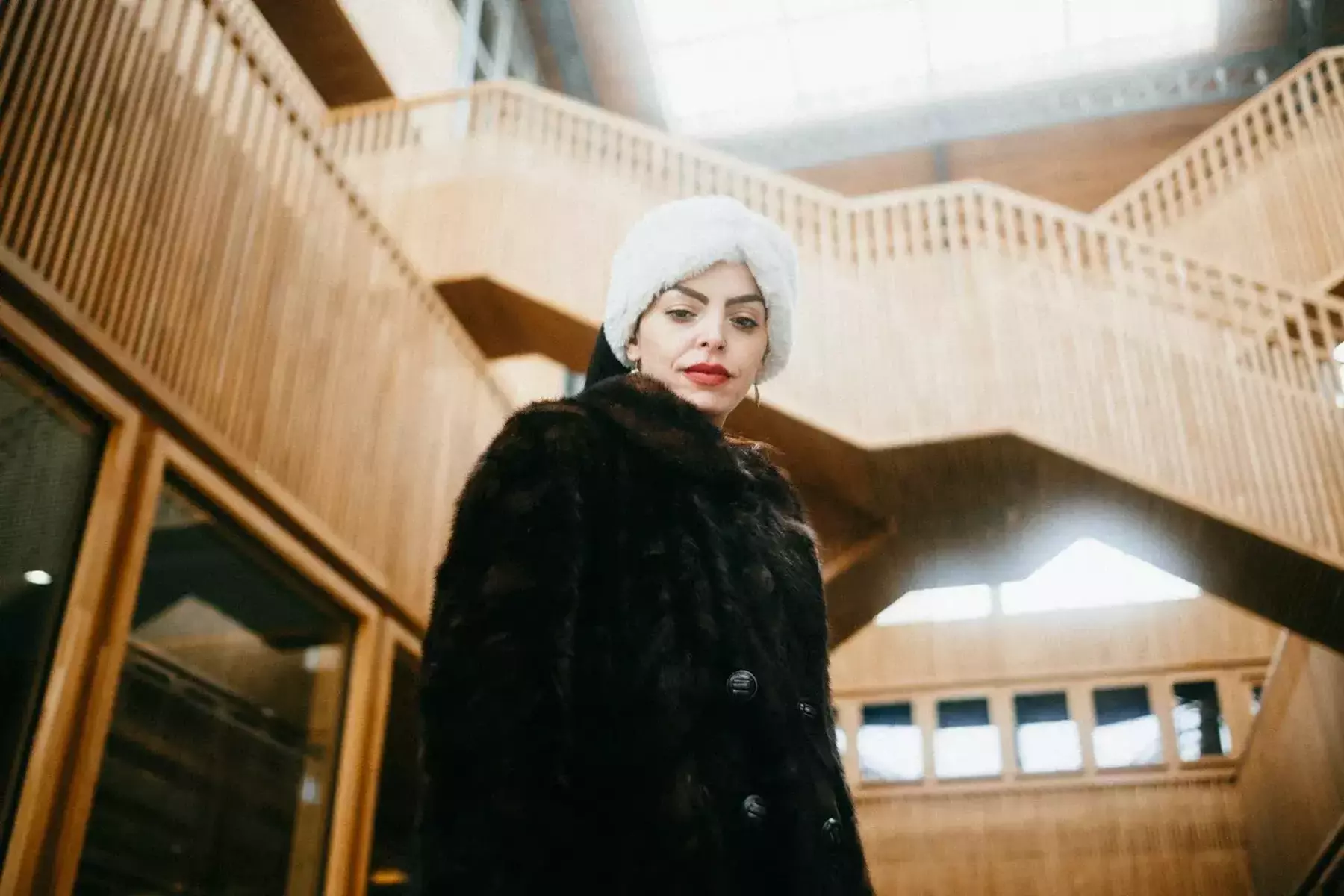
Photos shot by Jonas Reubens

